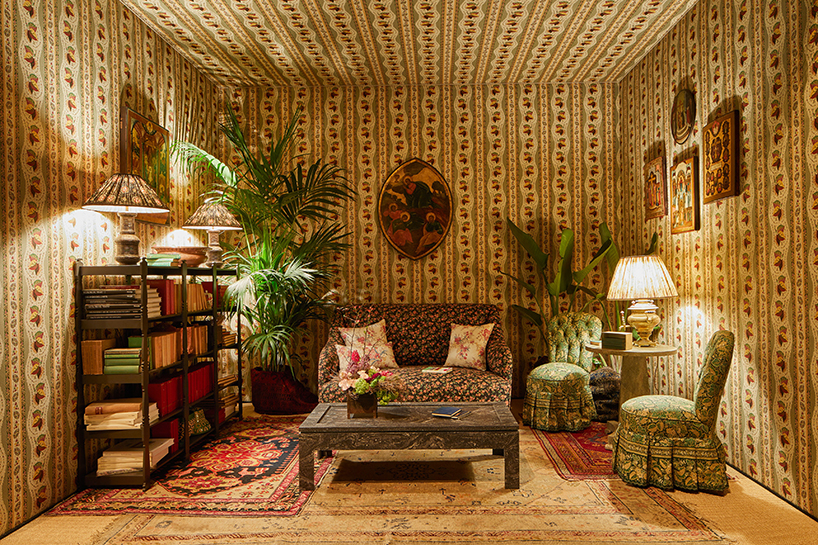Do you want to build a successful career in interior Design?

- Obtain Formal Education: Enrol in a respectable interior design school that offers a strong basis in technology, industry standards, and design concepts. In addition, formal schooling gives you access to tools and networking opportunities that may be very helpful for your job.
- 2. Build a strong Portfolio: Your portfolio serves as your resume. Add a range of projects that showcase your adaptability, originality, and technical proficiency. Even individual design experiments or student initiatives can contribute significant value.
- Get Practical Experience: Apprenticeships and internships provide you with real-world experience and aid in your understanding of the practical side of the work. You may pick up on the subtleties of problem-solving, project management, and client relations by working with more seasoned designers.
- Stay Updated with Trends: The design field is dynamic, and fashion is ever-changing. Keep abreast of the most recent developments in materials, technology, and design. You may stay updated by going to trade fairs, taking seminars, and subscribing to design periodicals.
- Build Network: In the design field, networking is essential. Engage in professional associations, go to industry events, and make connections with other architects, designers, and possible clients. Strong networks can result in partnerships, employment prospects, and mentoring.
- Focus on Client connections: The secret to a successful profession is developing solid client connections. Recognize their needs, communicate with them clearly, and provide designs that either match or are beyond their expectations. You\’ll get more referrals from contented customers.
- Enhance Your Technical Skills: It\’s critical to have a solid understanding of design software like AutoCAD, SketchUp, and 3D rendering tools. Continue to acquire new tools and strategies to improve your design skills as technology advances.
- Enhance business Aspects: You must comprehend the commercial aspects of design if you intend to launch your own company. Study up on marketing, project management, contracts, and budgets. You may operate a lucrative and successful business with the aid of this expertise.
- Be Open to Feedback: As a designer, you may develop by receiving constructive criticism. Remain receptive to criticism from mentors, peers, and clients, and apply it to enhance your methods and abilities.
- Pursue Continuous Education: The interior design industry is always changing. To keep ahead of the curve in your field, take advantage of workshops, certifications, and courses that promote continual learning. Another way to differentiate yourself is to focus on specialized fields like smart home technology or sustainable design.

In summary, interior design is a vocation and a passion rather than just a job. It turns areas into meaningful experiences by fusing creativity and pragmatism. For those who want to enter this field, keep in mind that education is the first step in creating a foundation that combines creative vision with technical proficiency.
The sector offers a wide range of options, steady growth, and the fulfillment of making real differences in people\’s lives and the environment. It\’s a gratifying and exciting job that provides countless opportunities to express your style and vision. So, one should go ahead and develop the ideas, polish the abilities, and boldly embark on a career in interior design.
-Blog by AR. RUHANI SOOD (Faculty- IVS School of Design)

